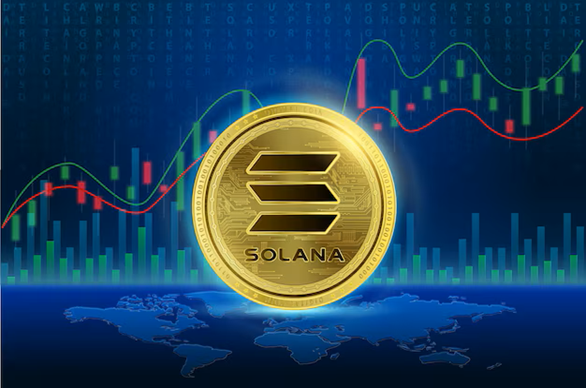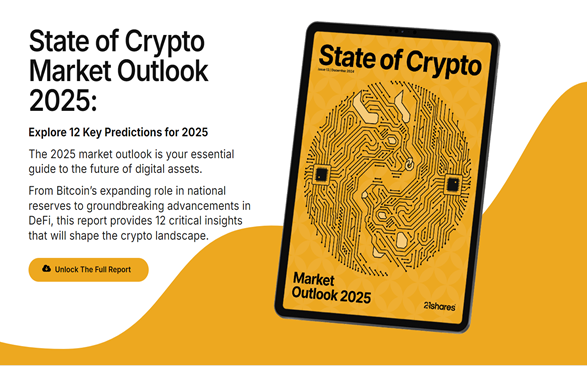Biting market conditions in the traditional stock market of 2020 were a catalyst for institutional adoption of digital assets, shows the Fidelity Digital Assets 2021 Institutional Investor Digital Assets Study. The study spotted three factors for this: the US election, Brexit, and Covid-19 pandemic. These factors combined to make 44% of the Asian, European, and American institutional investors surveyed say it is likely they would invest in digital assets.
In the context of the Study, institutional adoption [efn_note]Institutional adoption is considered “an investment directly in digital assets, in an investment product holding digital assets or digital asset companies, or exposure via futures contracts” by financial advisors, high-net-worth investors, family offices, pension funds & defined benefit plans, crypto hedge funds/venture capital funds, traditional hedge funds, and endowments & foundations. .(credit: Fidelity Digital Assets 2021 Institutional Investor Digital Assets Study) [/efn_note] is considered “an investment directly in digital assets, in an investment product holding digital assets or digital asset companies, or exposure via futures contracts.”
Asian investors bullish, European investors progressive, and American investors bearish towards institutional adoption of digital assets
Of the institutional investors surveyed in the Study, 52% currently have an investment in digital assets. Here, Asian investors turned out to be the most accommodative of investing in digital assets. In fact, Asian investors make up more than 70% of investors who are currently invested in digital assets.
Next are European investors who according to the study have a “progressive” approach towards investing in digital assets. Of the European digital-asset investors surveyed, investors have increased their volume of investment annually from 45% to 56%, an 11% growth. Also, of the European investors surveyed, 41% of them shared that they prefer to invest directly in digital assets. In the previous year, this was 29%. Apart from direct purchases of digital assets, European investors also allocate funds to investment products, growing from 14% to 29% within the last one year.
American investors surveyed, relative to their Asian and European counterparts, were not so bullish about investing in digital assets. Investment-wise, American investors scored 33% in institutional adoption of digital assets. This represents 6% growth after one year. Also, an interesting dimension to American investors’ digital-asset investment appetite is that the American investors surveyed increasingly prefer investment products over direct purchases of digital assets.
So American investors lag behind their Asian and European counterparts in direct investments in digital assets. In contrast to the 18% of American investors who invested directly in digital assets a year ago, 14% of these surveyed American investors invested directly in digital assets this year. Moreover, while only 21% of American investors surveyed own bitcoin in a portfolio, Asian and European investors own 45% and 46% respectively. For XRP owned, American, European, and Asian investors score 3, 9, and 12 respectively. Considering that XRP is an American innovation, the low rate of investment by American investors may be a result of what a number of Americans believe is the relatively unfriendly regulatory treatment of digital assets in the US currently. The US SEC’s suit against Ripple comes to mind here.
On a year-on-year future intent to purchase crypto, Asian investors, again, have the highest interest in investing in digital assets in the future with a score of 80%. This is followed by Europe (75%) and the U.S. (60%).
Africa and the Middle East, where we have seen more grassroot adoption than institutional adoption , are not included in the Fidelity Study.
What could the Fidelity Digital Assets study mean for the crypto asset buyer?
Institutional Adoption
Discover more from Crypto Asset Buyer
Subscribe to get the latest posts sent to your email.





